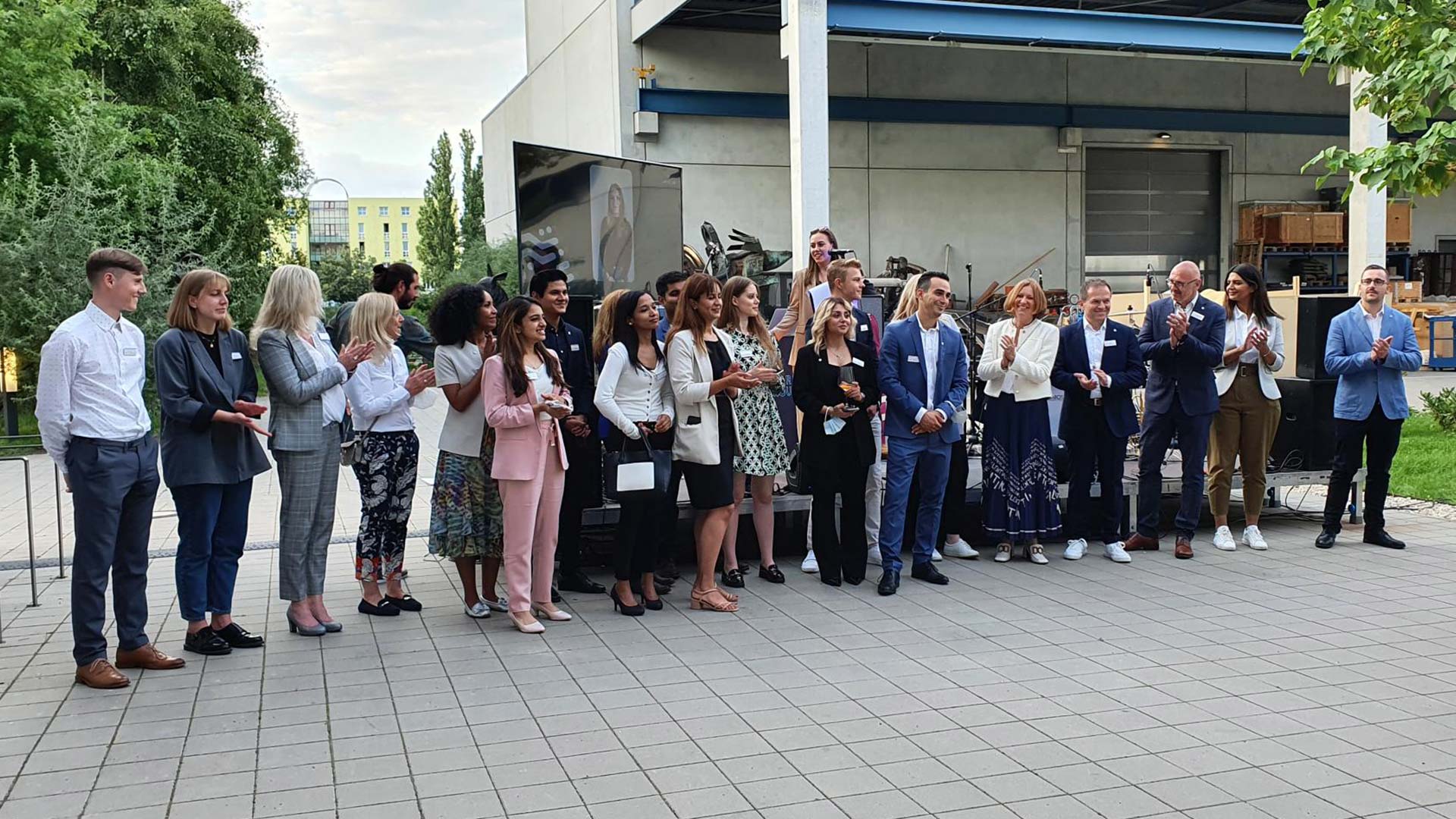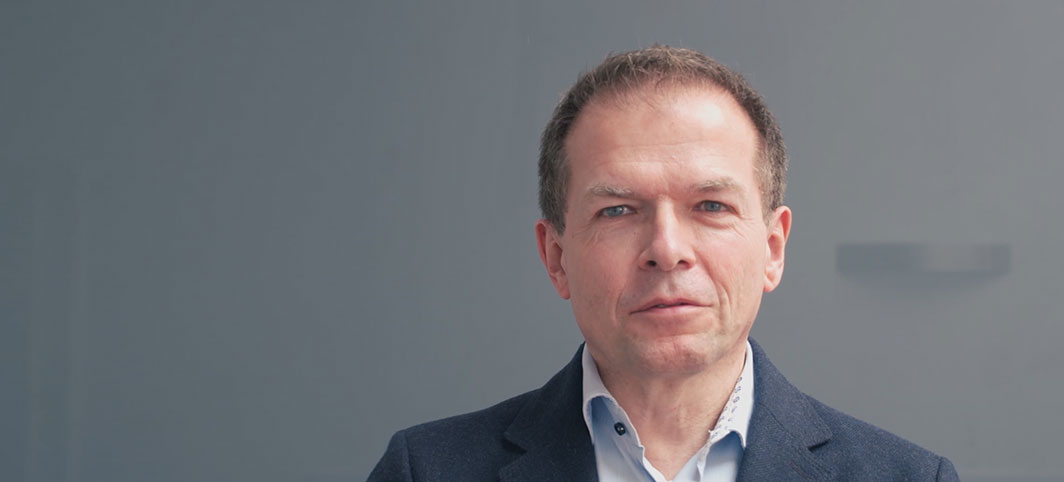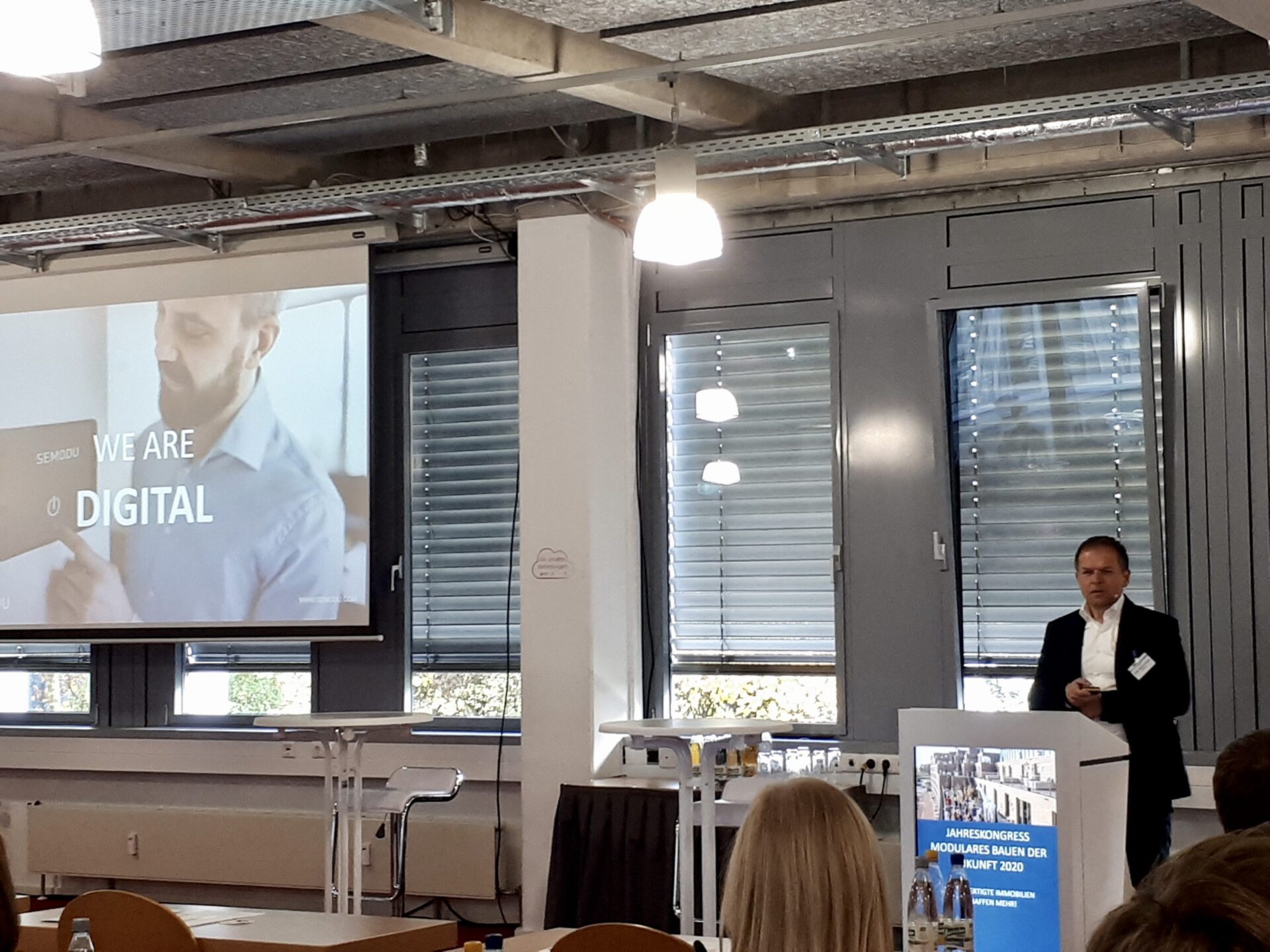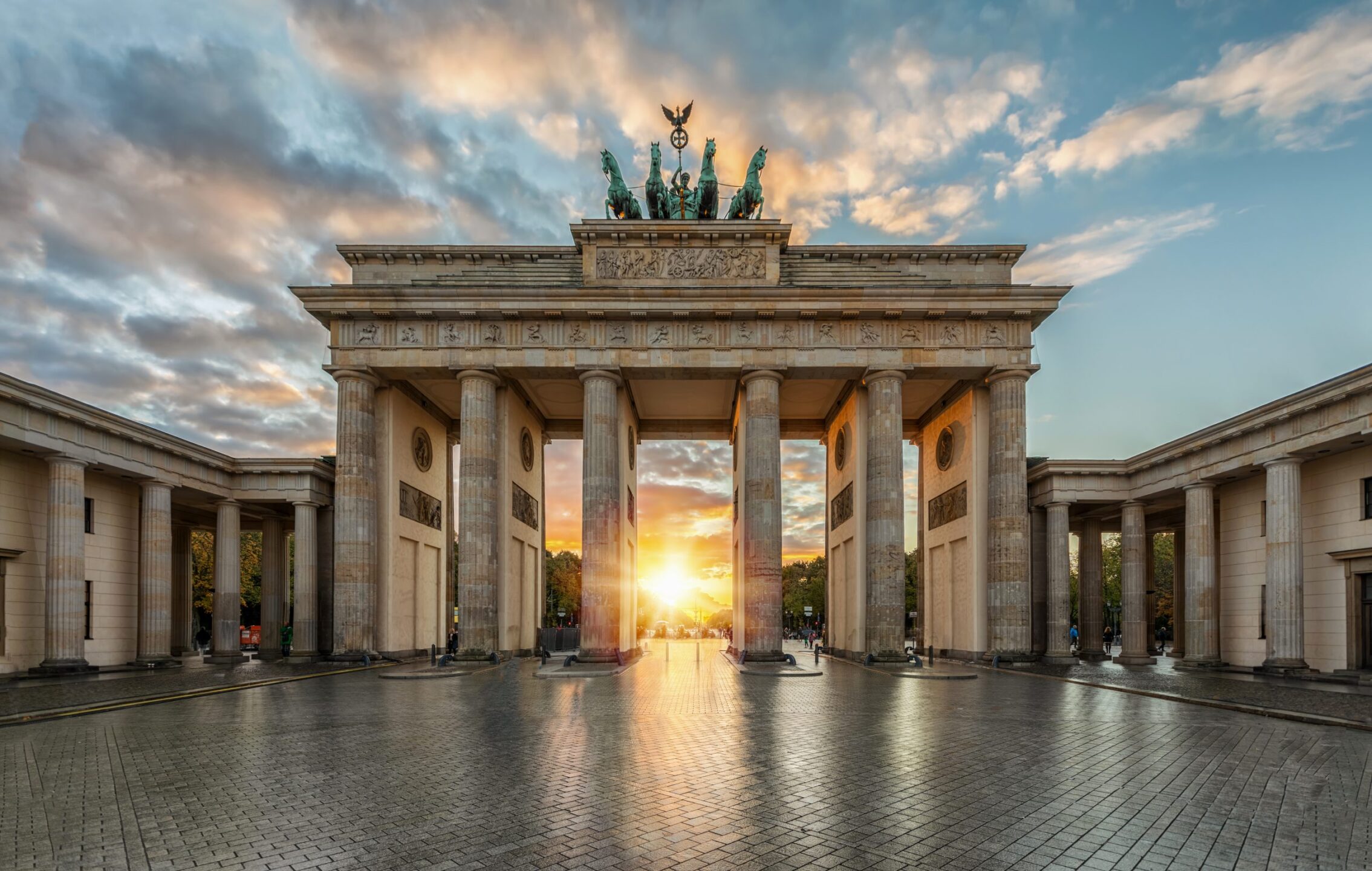SEMODU drives growth and expands digital business
SEMODU AG has invested 360,000,000 shares in the newly founded digital company “WANDWALL PLC” in Ireland as part of a capital increase and is thus significantly pushing forward the expansion of its “Digital” division. The technology company “WANDWALL PLC” was recently founded in May this year and is now developing a building module digitized from scratch in Berlin.
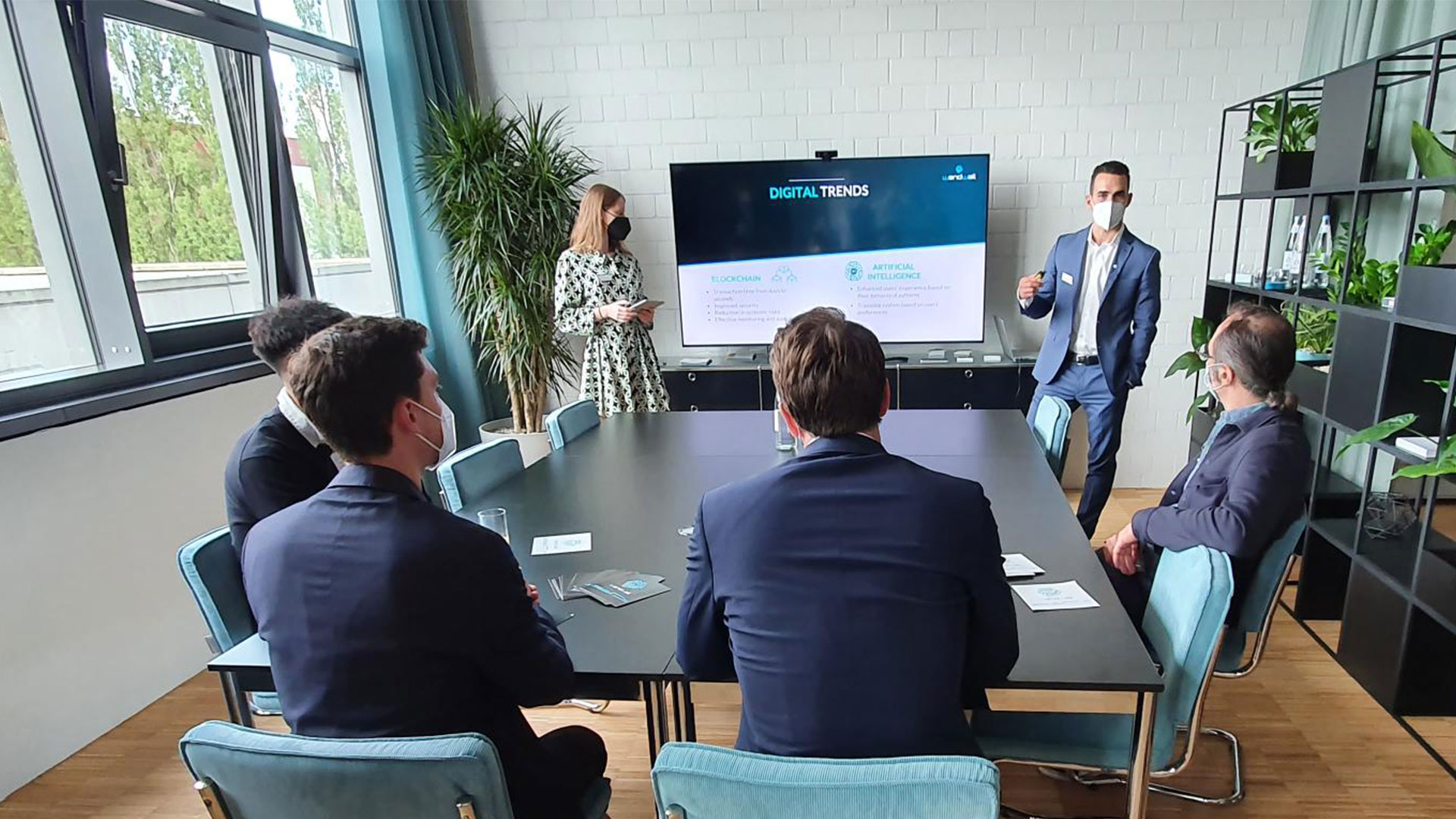
In the course of it’s recent capital increase, SEMODU AG increased the company’s share capital of 270,000 euros by 810,000 euros to 1,080,000 euros. The capital increase was carried out by issuing 810,000 new no-par value registered shares with a share in the capital stock of 1.00 Euro per share. The new shares were issued without consideration at a ratio of 1 to 3 and are entitled to profits from 1 January 2021. Further participation talks with internationally networked investors in the industry will take place in the course of autumn.
With its investment in “WANDWALL PLC”, SEMODU AG wants to pave the way for digital transformation in the real estate industry worldwide. “We want to link our expertise around modular construction and sustainable energy concepts to innovative digital technologies that could be implemented into real estate projects initially across Europe,” says CEO Frank Talmon l’Armée.
In doing so, “WANDWALL plc” shows itself to be an exceptional example of cultural diversity. “We are firmly convinced that the different cultural and professional backgrounds of our employees are a key element for the success of our company. Therefore, we are not limiting our field of activity to Europe in the medium term but will also become active in Asia and North America.”
Creation of a digitized module
“Digital transformation in particular in the housing segment offers enormous potential,” says Talmon l’Armée. Already in the course of the year, a cooperation with the “Campus Founders”, an academic innovation and educational institution in the Heilbronn region, was launched to develop disruptive innovations and unconventional approaches for digital products in real estate. With the participation of the digital company “WANDWALL PLC”, innovative concepts for the integration of artificial intelligence into a digital module are to be developed. In the medium term, SEMODU AG will hold approximately 36% of the shares in the digital company.
“The first step is to develop a digital wall based on the intelligent software and blockchain technology,” says Talmon l’Armée. The goal, he says, is to unite all electronic and digital functions under one software so that individual devices, apps and applications become superfluous in everyday life and can only be controlled by a unified system. “The digital wall is intended to make the customer’s everyday life much easier and thus go far beyond the still very cumbersome use of smart home technologies today.” In addition, the entire solution will be networked with social profiles, so rooms can react to the individual user with the help of artificial intelligence and an individual user profile can be created.
The big vision here is to create a module that is digitalized from the ground up. This includes both the basic technical building block, which is invisibly incorporated into the walls from the outside and connects all rooms, as well as state-of-the-art technologies that adapt to individual preferences and restrictions and offer fully comprehensive, dematerialized solutions.
For more information, visit semodu.com/digital and wandwall.com.
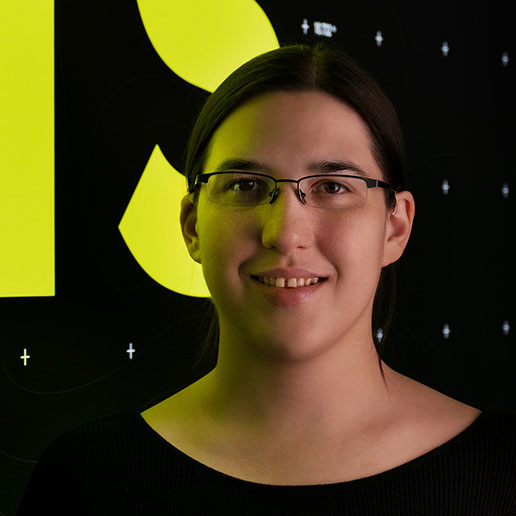
Editor
Alale Sarshar Fard
echolot public relations
+49 711 9901486
[email protected]
The path to the electric revolution leads through disruption
The real estate industry needs disruptive energy, says CEO Frank Talmon l’Armée in an expert video. One giant real estate group needs to lead the way and turn the property industry around, which has barely evolved in decades. Just like Elon Musk set the automotive industry on the path of electric mobility! Such a pioneer who will be able to electrify the real estate portfolio and thus usher in the electric revolution for the property industry is necessary.

Editor
Alale Sarshar Fard
echolot public relations
+49 711 9901486
[email protected]
The future of building is Sustainable and Digital
The future is here – however, construction is still lagging behind in some cases. At the Heuer Dialog annual congress the topic of the day was “Modular construction of the future”. Frank Talmon l’Armée, CEO of SEMODU, talked about what changes in the real estate industry have to be made and what the future with smart homes will look like.
Disinfectants, masks, rules and both people and tables at a distance. The corona pandemic has also influenced Heuer Dialog. Nobody was deterred. However, the seats were full and speakers who could not come in person connected online.
“Beauty on the inside is the most important,” parents often tell their children, and yet some still talk about “Platte 2.0” when it comes to modular construction. In addition to affordable living space and functionality, people also want their apartment or office building to be aesthetically pleasing in order to feel comfortable in it. The importance of this in terms of costs and sustainability should not be underestimated. Only if a building is used for a long time it will be profitable and the environment will not suffer too much. However, if a building quickly becomes outdated and unappealing, it is not used and has to be demolished early. Functionality, sustainability and aesthetics must therefore go hand in hand. “Nobody can tell when they see our designs from the outside that they are modular buildings. Thanks to the diverse combination of units and the different facades, a wide variety of houses can be built,” says Frank Talmon l’Armée, Founder and Board member of SEMODU AG.
In order to become more sustainable, the environmental impact of the construction industry must also be addressed, both in production and during use. The construction industry produces more than 50% of the annual waste, uses 70% non-renewable raw materials and is one of the biggest emitters of CO2 worldwide. These problems can and must be tackled in various places.
The first step is to industrialize the construction industry. As the last sector of the economy, there is still no serial production here, instead every house is practically a prototype, which leads to correspondingly high structural damage and waste. Modular construction with its prefabricated units is particularly suitable for serial production.
However, not only for serial production, but also the step towards circular economy is also easier in modular construction, as not only individual elements, but also entire modules can be reused. Since the most important components, what could be called the DNA of modular construction, are easy to disassemble, buildings can be expanded, reduced or set up in completely different locations. This way of construction also makes recycling easier. “It is important for us to build with sustainable raw materials, as is the case with our wood and hybrid modules. We do not only use wood, but we are also committed to reforestation,” emphasizes Talmon l’Armée.
The buildings of the future are not only more sustainable, but they are also “more intelligent”. A wide variety of providers are already working on innovations for so-called smart homes. In addition to heating, building security, light, audio and many other devices, this also includes fully digitized room walls that can be operated by touch, gestures, voice control and an App. These digital walls are a platform and at the same time a new interactive device that combines all functions that were previously distributed over countless devices. Digital walls are transformed into wallpapers, present works of art from the most renowned museums in the world, they are social media walls, replace the television and the photo album of the family. In addition, horizontal surfaces can be heated, magnetically or by induction and used as a hotplate. Of course, all tools and functions can be networked here and controlled from anywhere via an App. “I am firmly convinced that everything that can be dematerialized will be dematerialized in the future,” continues Talmon l’Armée, making a clear statement. The house of the modular future can provide many of these functions right from the factory. The use is when the resident needs it – as a contemporary pay-per-use model.
It is precisely this user behavior that will not only affect the future of living, but also all other areas of our life. As it not only saves time, energy and money, it is one thing above all else: flexibility. Who would install a warning system that costs several thousand Euro if you can only activate it for the five weeks of holiday a year and then deactivate it again?
Everyday life ,as we know it now, will change radically in just a few years.

Editor
Alale Sarshar Fard
echolot public relations
+49 711 9901486
[email protected]
OUR NEW LOCATIONS
A special location with the best views: Our capital city studio.
You can now find us in Berlin at Am Spreebord 9e.
Another module: Our new location in Frankfurt am Main.
From 01.04.2020 you can also find us in Frankfurt/Mühlheim a.M. at Lämmerspieler Strasse 12.
We are now also in Ländle!
You can visit us at our new location in Stuttgart/Grossbottwar where we have been since 01.07.2019.
A broader foundation: Our location in Munich.
At the heart of the city right in Odeonsplatz:
You can find us in Munich at Maximilianstrasse 2, where we have been since the SEMODU Grupo was founded.
We will be pleased to see you!
